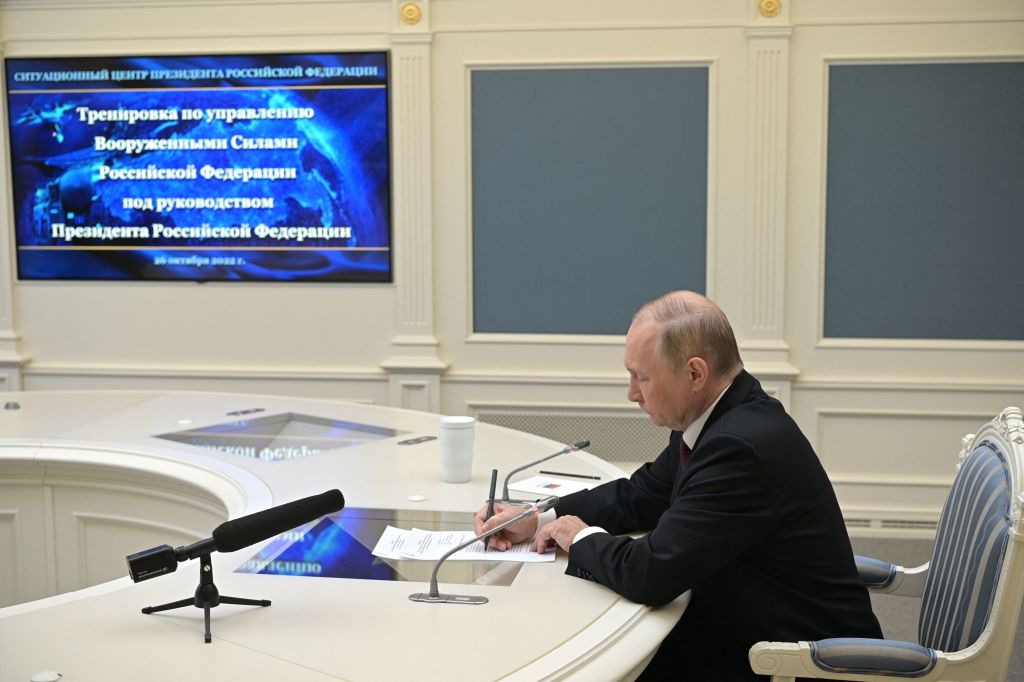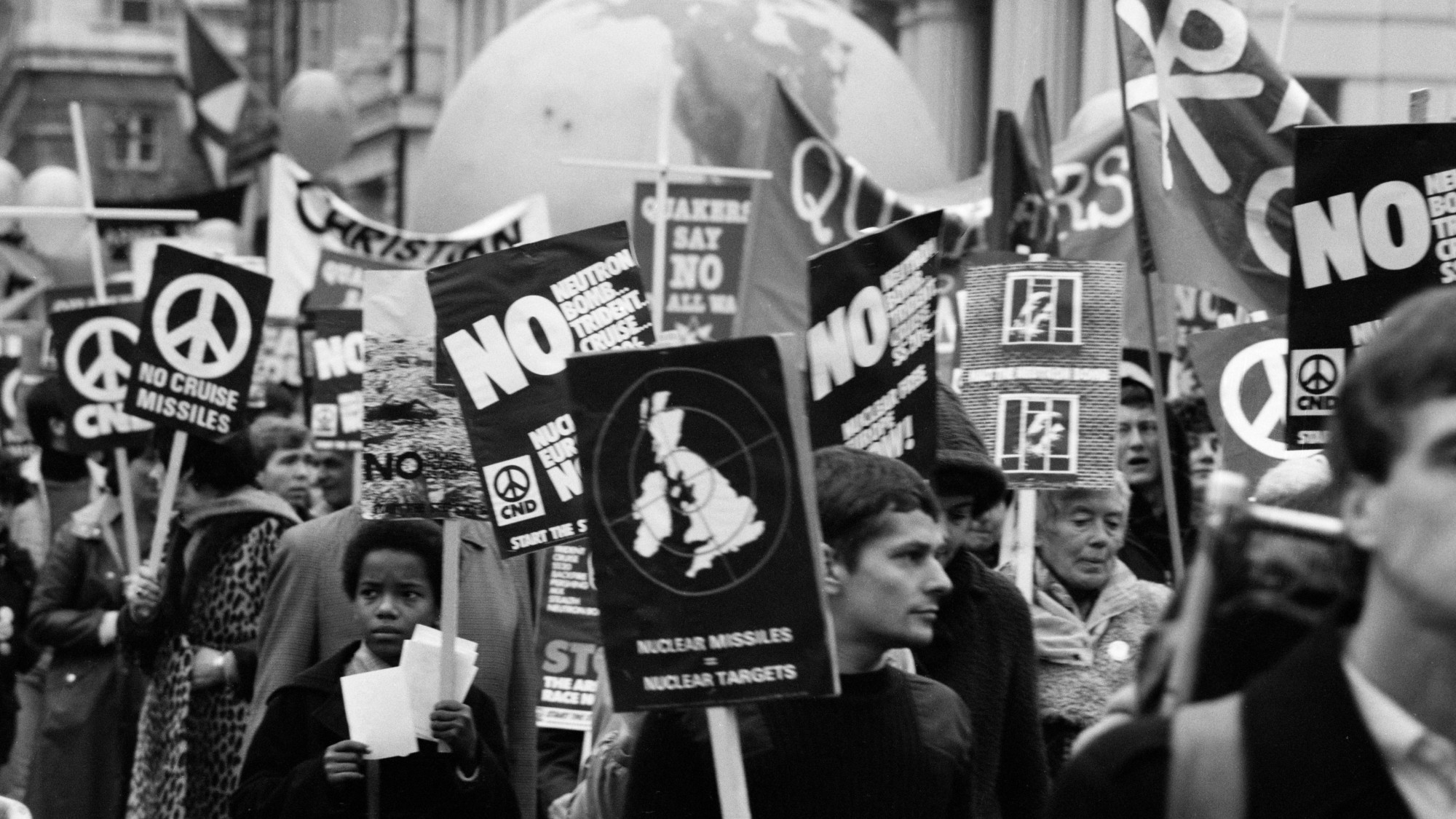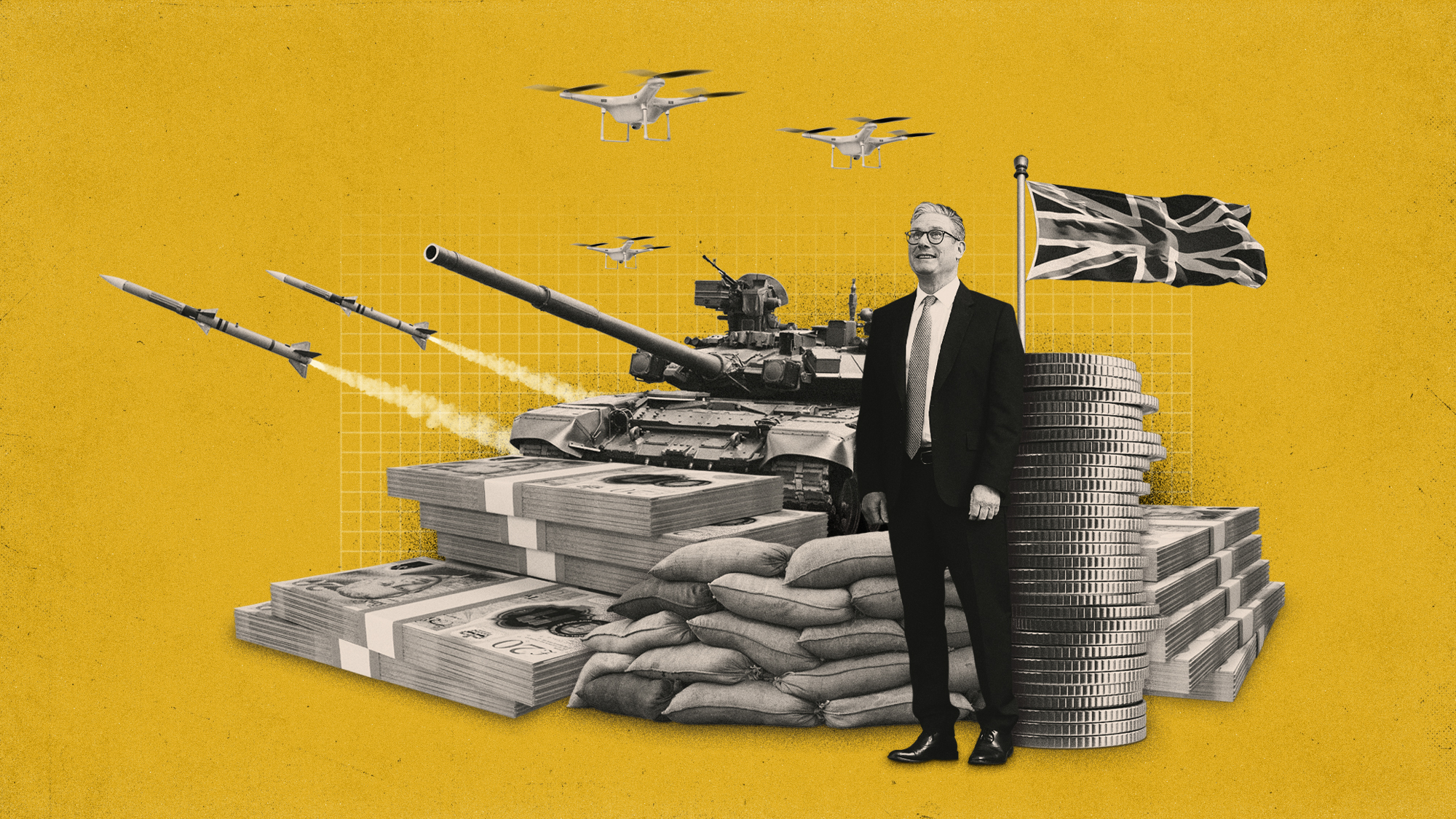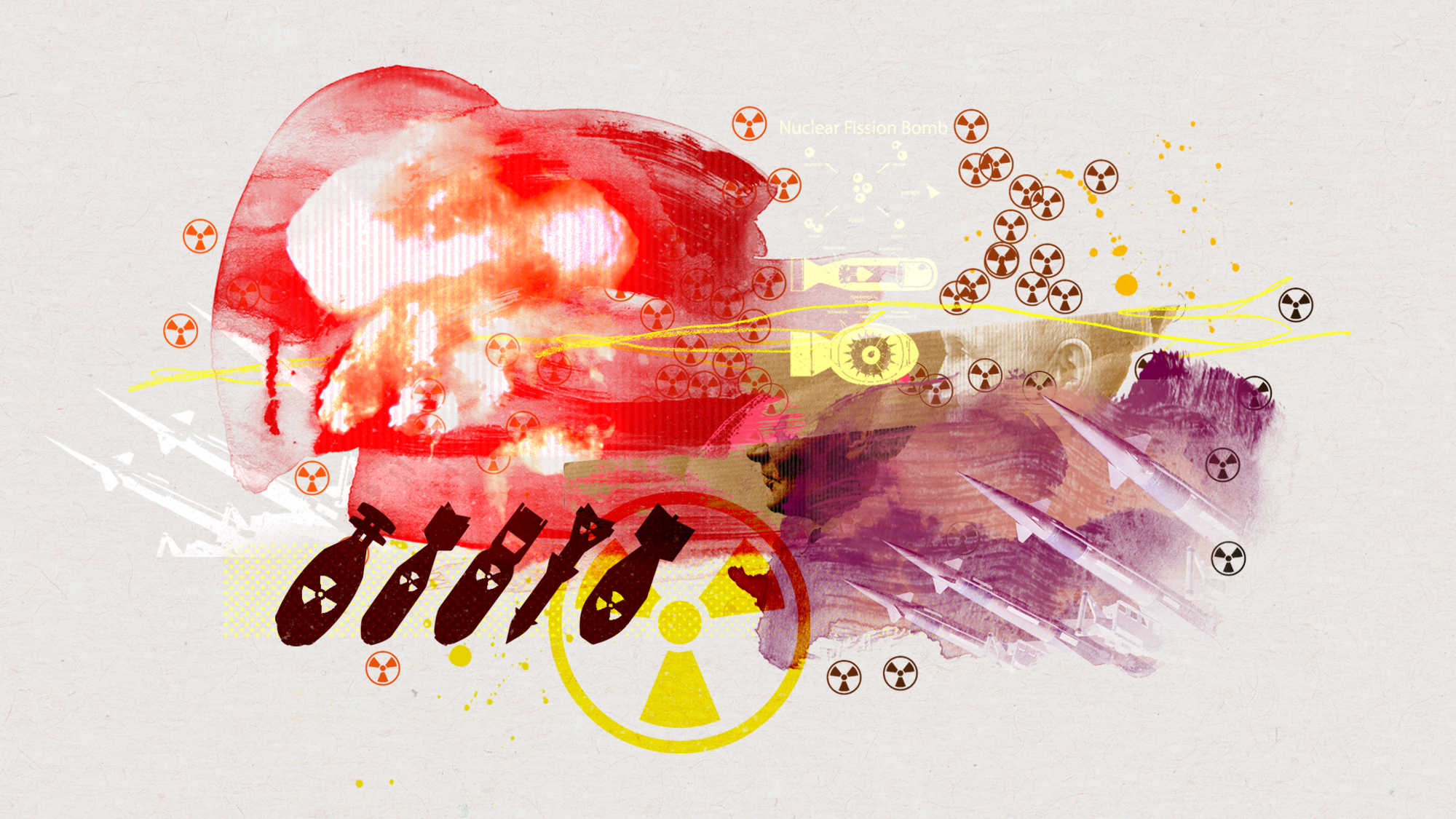Senior Russian military leaders reportedly discussed using tactical nukes as losses in Ukraine mount


A free daily email with the biggest news stories of the day – and the best features from TheWeek.com
You are now subscribed
Your newsletter sign-up was successful
Senior Russian military leaders recently had discussions on when and how the Kremlin might use a tactical nuclear weapon in Ukraine, The New York Times reported early Wednesday, citing multiple senior U.S. officials. Russian President Vladimir Putin, the only one in Russia who could order a nuclear attack, was not part of the discussions.
The intelligence about the discussions, which circulated within the U.S. government in mid-October, did not change the prevailing assessment that Russia is not taking steps to actually use a tactical nuke or "dirty bomb" in Ukraine, the Times reports. The fact that these senior Russian officials were even discussing the option, however, "alarmed the Biden administration because it showed how frustrated Russian generals were about their failures on the ground" and suggests "Putin's veiled threats to use nuclear weapons might not just be words."
A tactical nuke is a relatively low-yield nuclear weapon, and a dirty bomb is a conventional explosive laced with radioactive material — both would spread radiation and terror around Ukraine.
The Week
Escape your echo chamber. Get the facts behind the news, plus analysis from multiple perspectives.

Sign up for The Week's Free Newsletters
From our morning news briefing to a weekly Good News Newsletter, get the best of The Week delivered directly to your inbox.
From our morning news briefing to a weekly Good News Newsletter, get the best of The Week delivered directly to your inbox.
"We've been clear from the outset that Russia's comments about the potential use of nuclear weapons are deeply concerning, and we take them seriously," National Security Council spokesman John Kirby told the Times. "We continue to monitor this as best we can, and we see no indications that Russia is making preparations for such use."
Putin recently walked back his suggestion that Russia might use a nuclear weapon in Ukraine, saying "there is no point in that, neither political nor military." The Pentagon has said it has plenty of ways of responding if Russia did cross that line, and the general assumption is the response would involving conventional, non-nuclear attacks on Russian targets in Ukraine. "Military analysts believe that in a head-to-head matchup of conventional forces, NATO far and away has the advantage," The Washington Post reports.
"That's why he's been making these nuclear threats all along anyway; he's been trying to deter NATO from getting involved conventionally," Heather Williams at the Center for Strategic and International Studies tells the Post. She said the bigger deterrent, though, is the "huge risk" that "any nuclear use" would cost Putin the support of China and India, Russia's last remaining powerful allies.
A free daily email with the biggest news stories of the day – and the best features from TheWeek.com
Peter has worked as a news and culture writer and editor at The Week since the site's launch in 2008. He covers politics, world affairs, religion and cultural currents. His journalism career began as a copy editor at a financial newswire and has included editorial positions at The New York Times Magazine, Facts on File, and Oregon State University.
-
 How the FCC’s ‘equal time’ rule works
How the FCC’s ‘equal time’ rule worksIn the Spotlight The law is at the heart of the Colbert-CBS conflict
-
 What is the endgame in the DHS shutdown?
What is the endgame in the DHS shutdown?Today’s Big Question Democrats want to rein in ICE’s immigration crackdown
-
 ‘Poor time management isn’t just an inconvenience’
‘Poor time management isn’t just an inconvenience’Instant Opinion Opinion, comment and editorials of the day
-
 New START: the final US-Russia nuclear treaty about to expire
New START: the final US-Russia nuclear treaty about to expireThe Explainer The last agreement between Washington and Moscow expires within weeks
-
 The history of US nuclear weapons on UK soil
The history of US nuclear weapons on UK soilThe Explainer Arrangement has led to protests and dangerous mishaps
-
 Vladimir Putin’s ‘nuclear tsunami’ missile
Vladimir Putin’s ‘nuclear tsunami’ missileThe Explainer Russian president has boasted that there is no way to intercept the new weapon
-
 The mission to demine Ukraine
The mission to demine UkraineThe Explainer An estimated quarter of the nation – an area the size of England – is contaminated with landmines and unexploded shells from the war
-
 Is UK's new defence plan transformational or too little, too late?
Is UK's new defence plan transformational or too little, too late?Today's Big Question Labour's 10-year strategy 'an exercise in tightly bounded ambition' already 'overshadowed by a row over money'
-
 What are the different types of nuclear weapons?
What are the different types of nuclear weapons?The Explainer Speculation mounts that post-war taboo on nuclear weapons could soon be shattered by use of 'battlefield' missiles
-
 The secret lives of Russian saboteurs
The secret lives of Russian saboteursUnder The Radar Moscow is recruiting criminal agents to sow chaos and fear among its enemies
-
 Is the 'coalition of the willing' going to work?
Is the 'coalition of the willing' going to work?Today's Big Question PM's proposal for UK/French-led peacekeeping force in Ukraine provokes 'hostility' in Moscow and 'derision' in Washington
